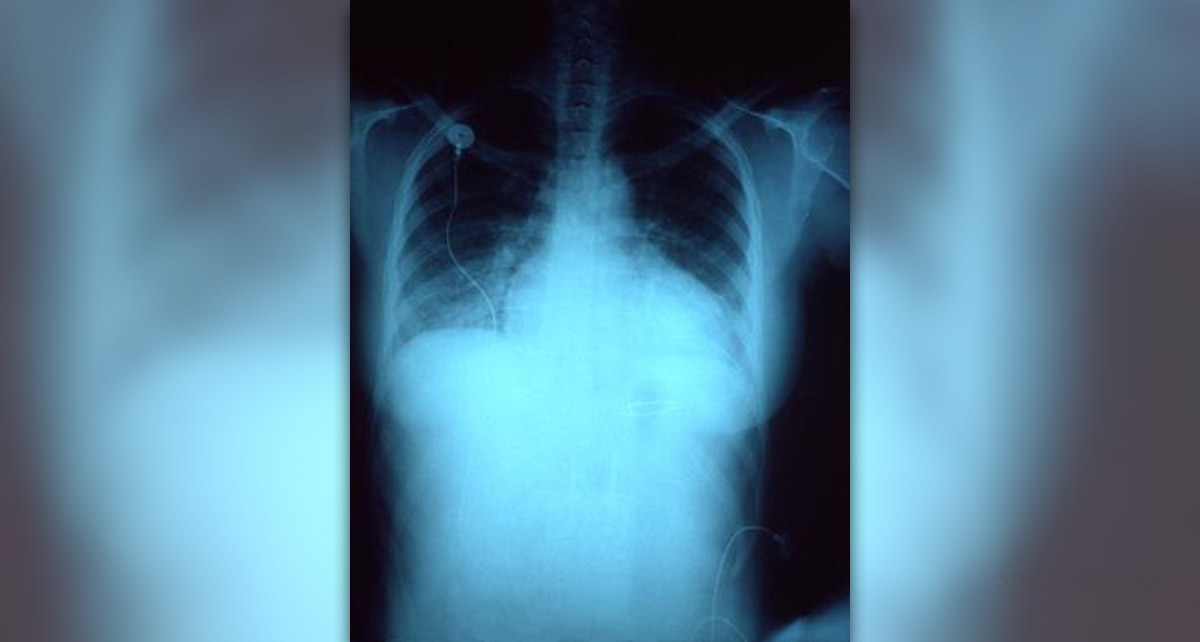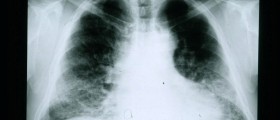
Congestive heart failure is a medical condition which features with insufficient cardiac output. This subsequently leads to accumulation of fluid in many organs and organ systems in the body. As a result, the heart simply does not pump enough blood and there is also lack of oxygen reaching the brain and other vital organs.
What Causes Congestive Heart Failure?
Congestive heart failure is actually a terminal phase of many serious heart conditions which affect heart's function. For example, it may develop in patients already suffering from coronary heart disease, myocardial infarction, atherosclerosis, hypertension, cardiomyopathy, myocarditis etc. Congenital heart defects, abnormal heart rhythm as well as problems with heart valves are several more illnesses which may, eventually, progress into congestive heart failure. Furthermore, in some people this medical condition develops due to already existing diseases of some other organs such as diabetes, hyperthyroidism, emphysema, severe anemia, severe allergic reaction and pulmonary embolism. It is also important to mention factors that may contribute to congestive heart failure. The most important ones include alcohol abuse, hypertension and kidneys disease.What are Symptoms of Congestive Heart Failure?
Congestive heart failure can develop suddenly and then it is classified as acute heart failure. On the other hand, it may develop gradually over time and in such case we are talking about chronic heart failure.
Chronic heart failure typically leads to shortness of breath (dyspnea), particularly during physical activity or when a person is lying down. Such patients also complain about fatigue and weakness. There is evident swelling in the legs, ankles and feet. Furthermore, a patient develops rapid or irregular heartbeat, he/ she coughs or wheezes and there is also chance he/ she will cough up white or pink-tinged phlegm. In severe cases of congestive heart failure excess fluid additionally accumulates in the peritoneum, a sign known as ascites. Due to fluid buildup a person appears much heavier (there is weight gain). And finally, such patients generally lack appetite and feel nauseated.
Patients suffering from acute heart failure usually complain about almost the same symptoms such as those associated with chronic heart failure. However, these occur much more rapidly. Fluid buildup is sudden and rapid, practically hard to deal with. Such patients also suffer from rapid or irregular heart beat. They experience severe shortness of breath accompanied by coughing up pink, foamy mucus. Most of them also report intensive chest pain, similar to pain that occurs during a heart attack.
Finally, the terminal stage of congestive heart failure typically features with severe breathing difficulties (which occurs at rest and in all body positions), excessive and uncontrollable fluid accumulation (peripheral edema, pulmonary edema etc.) and many times cardiac arrest.
- medlineplus.gov/heartfailure.html
- medlineplus.gov/ency/article/000158.htm
- Photo courtesy of CDC/ Dr. Thomas Hooten by Wikimedia Commons: commons.wikimedia.org/wiki/File:Congestive_heart_failure_x-ray.png
















Your thoughts on this
Loading...